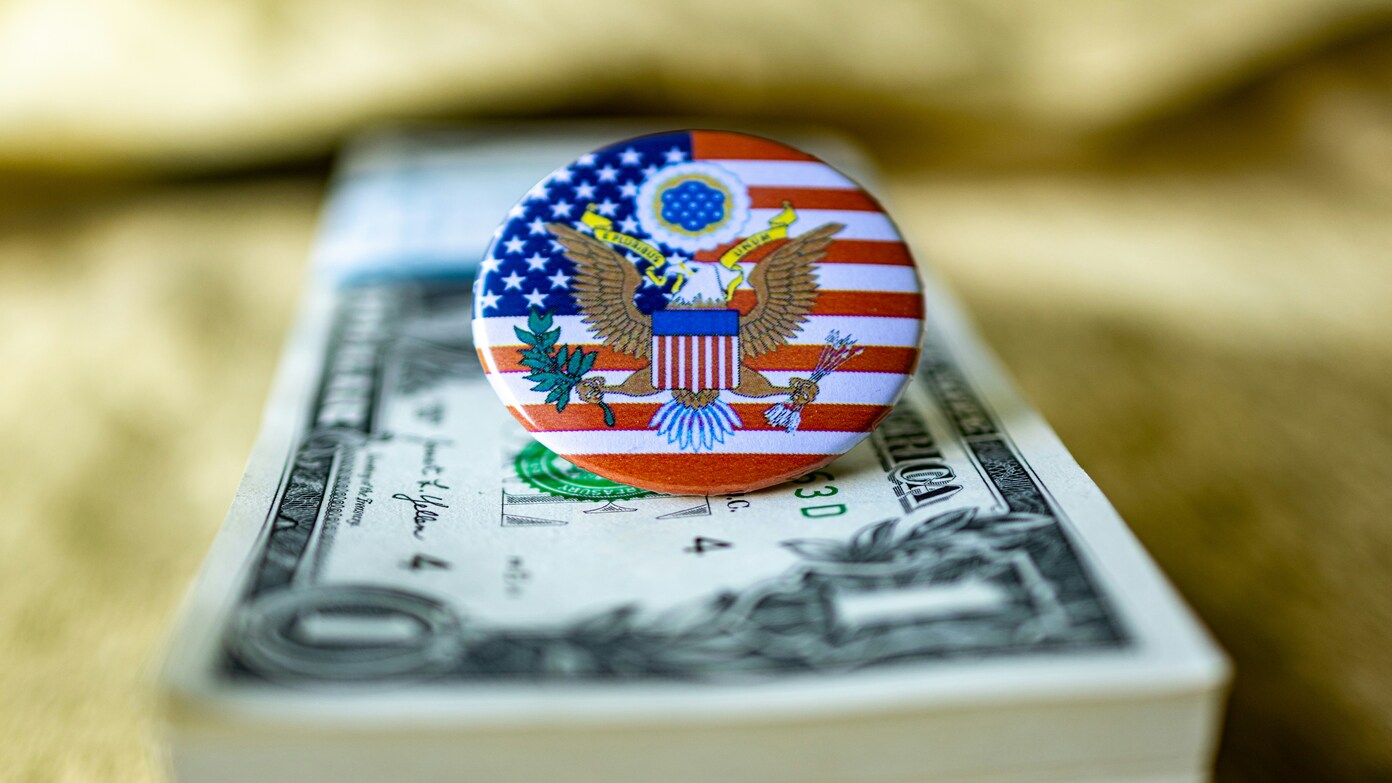Hawley requests rebate checks
After the July announcement by President Trump that Americans should be paid back tariff revenue, Sen. Josh Hawley, R-Mo., put forward the American Worker Rebate Act of 2025. The legislation would make rebate checks of at least $600 a person available to American citizens. For families, that is up to $2,400, and potentially more based on tariff revenues that exceed 2025 projections.
“My bill would allow American workers to benefit from the riches Trump tariffs are bringing home to America,” Hawley stated in a statement. The proposal would turn policy on trade into citizens’ direct compensation—but the truth may be more complex.
The numbers behind the checks
The U.S. Treasury puts tariff revenue at up to $300 billion annually, a pool of money Hawley wants to use to finance these rebates. Joint filers with adjusted gross incomes of more than $150,000—or single filers making more than $75,000—would see benefits reduced by 5%.
Even though this might look like free money, economists caution that tariffs can bite back. Trade controls have the capacity to kindle inflation and raise the cost of living for American families if major trade agreements with allies like Canada and Mexico are not negotiated. That is, part of the benefit of the rebates will be offset by higher-priced daily items.
Political hurdles ahead
Even considering the arithmetic holds, the legislation faces a tough political road. The bill was referred to the Senate Finance Committee and must find its way through the Senate and House of Representatives before it can be signed into law. Republican lawmakers, wary of federal expenditures, might object to sending off a chunk of tariff income when the national debt is already at $37 trillion and yearly deficits are at $2 trillion.
Sen. Ron Johnson has already criticized it: “People love spending money and giving new tax cuts when we can’t afford it… Sometime, this madness just has to end.” Trump himself has been measured, stating that debt repayment is still a first priority, though he hasn’t entirely ruled out rebates either.
Tax rebate vs. Stimulus check
It’s also important to differentiate between a stimulus check and a tax rebate. A rebate reimburses taxpayers for overpaid taxes, while a stimulus check is a direct government payment to households. Hawley’s rebates would be more similar to the 2020 COVID-19 stimulus checks in that they deliver cash to Americans but are actually tied to trade income rather than pandemic relief.
Rebates can be issued at any point during the year, rather than traditional stimulus payments, which are usually paid in batches. This gap could allow lawmakers to time the payments with political or economic objectives.
Timing is everything
If the American Worker Rebate Act is to become law, both the House and Senate must approve it by the end of the current session of Congress. If they don’t, the bill will be dead for the year, requiring lawmakers to start over in the next one. With priorities already packed into lawmaking—anything from budget talks to social policy—there’s no assurance the rebate checks will ever see bank accounts.
The bottom line
While the idea of receiving hundreds, if not thousands, of dollars in rebate from tariff income is tempting, reality is far from guaranteed. With inflationary risks, political resistance, and the thinning congressional schedule, the American Worker Rebate Act faces stiff competition. The idea of rebate checks paid for by tariffs remains a tantalizing prospect at this juncture but never a guarantee.
Pinching American pocketbooks might take a sound injection of patience—and a pinch of magic—before gaining any near-term payoff from tariffs. Meanwhile, talk of rebates in the stimulus mode still rings on Capitol Hill.
For more updates on political news, read this:
Why did Vance change his middle and last name? This is the reason why he changed both twice
Goodbye to the monthly jobs report: Trump nominee to lead the BLS proposes major change
July annual inflation figure hits 2.7%, lower than expected given tariff concerns
Trump extends tariff truce with China: no hike in levies until November

